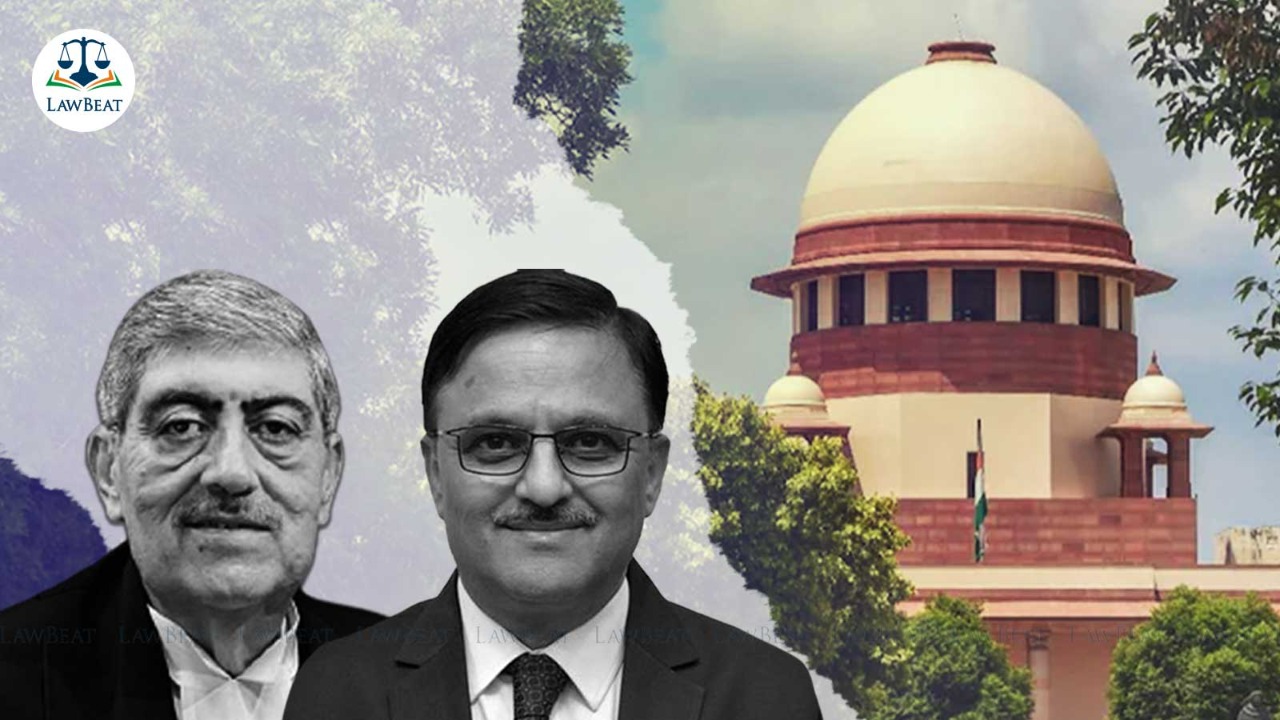Questioning accused under S. 313 CrPC not empty formality, circumstances appearing in evidence must be explained to him: SC

The Supreme Court has held that a failure to comply with the requirements of Sections 213 and 313 of CrPC will result in a prejudice to the accused and in turn cause a failure of justice.
While observing that questioning an accused under Section 313 if the Criminal Procedure Code, 1973 (CrPC) is not an empty formality, the Supreme Court has held that the requirement of Section 313 CrPC is that the accused must be explained the circumstances appearing in the evidence against him so that he/she can offer an explanation.
"After an accused is questioned under Section 313 CrPC, he is entitled to take a call on the question of examining defence witnesses and leading other evidence. If the accused is not explained the important circumstances appearing against him in the evidence on which his conviction is sought to be based, the accused will not be in a position to explain the said circumstances brought on record against him. He will not be able to properly defend himself....", a bench of Justices SK Kaul and Abhay S Oka has further held.
Further reliance was placed on the decision of Jai Dev vs. State of Punjab, wherein it was held that, "The examination of the accused person under Section 342 is undoubtedly intended to give him an opportunity to explain any circumstances appearing in the evidence against him. In exercising its powers under Section 342, the court must take care to put all relevant circumstances appearing in the evidence to the accused person. It would not be enough to put a few general and broad questions to the accused, for by adopting such a course the accused may not get opportunity of explaining all the relevant circumstances...."
In the instant case, the court found that a misleading charge was framed that the deceased Harpal Singh died due to bullet injuries sustained by the bullets fired by the accused no.2 with a pistol in his hand.
To this, the court said,
"There is every possibility of the accused getting misled due to the framing of such a charge and omission to frame the correct charge. What is more serious is that though the prosecution case made out during the trial clearly indicated that the death of Harpal Singh was not caused due to any bullet injury, the circumstance put to all the accused under Section 313 was that the death of Harpal Singh was caused due to four to five shots fired by accused no.2 by a country-made pistol. In fact, question no.5 in the statement of the accused under Section 313 clearly records that the bullets fired by accused no.2 hit Harpal Singh and he died on the spot."
Supreme Court's division bench further noted that not only that the charges against the accused was misleading but the accused had no opportunity to explain the circumstance in which Harpal Singh was allegedly killed which was brought on record during the trial.
It was thus held that the charge of committing the murder of Harpal Singh against the appellant accused could not be substantiated.
With this view, the Top Court allowed the appeals filed by the accused convicted for the offences punishable under Section 148 of the Indian Penal Code (‘IPC’), Section 302 of IPC as well as Section 307 read with Section 149 of IPC.
Accordingly, it has been ordered that the appellants shall be forthwith set at liberty unless they are required to be detained in connection with any other offence.
Case Title: Kalicharan & Ors. vs. State of Uttar Pradesh
